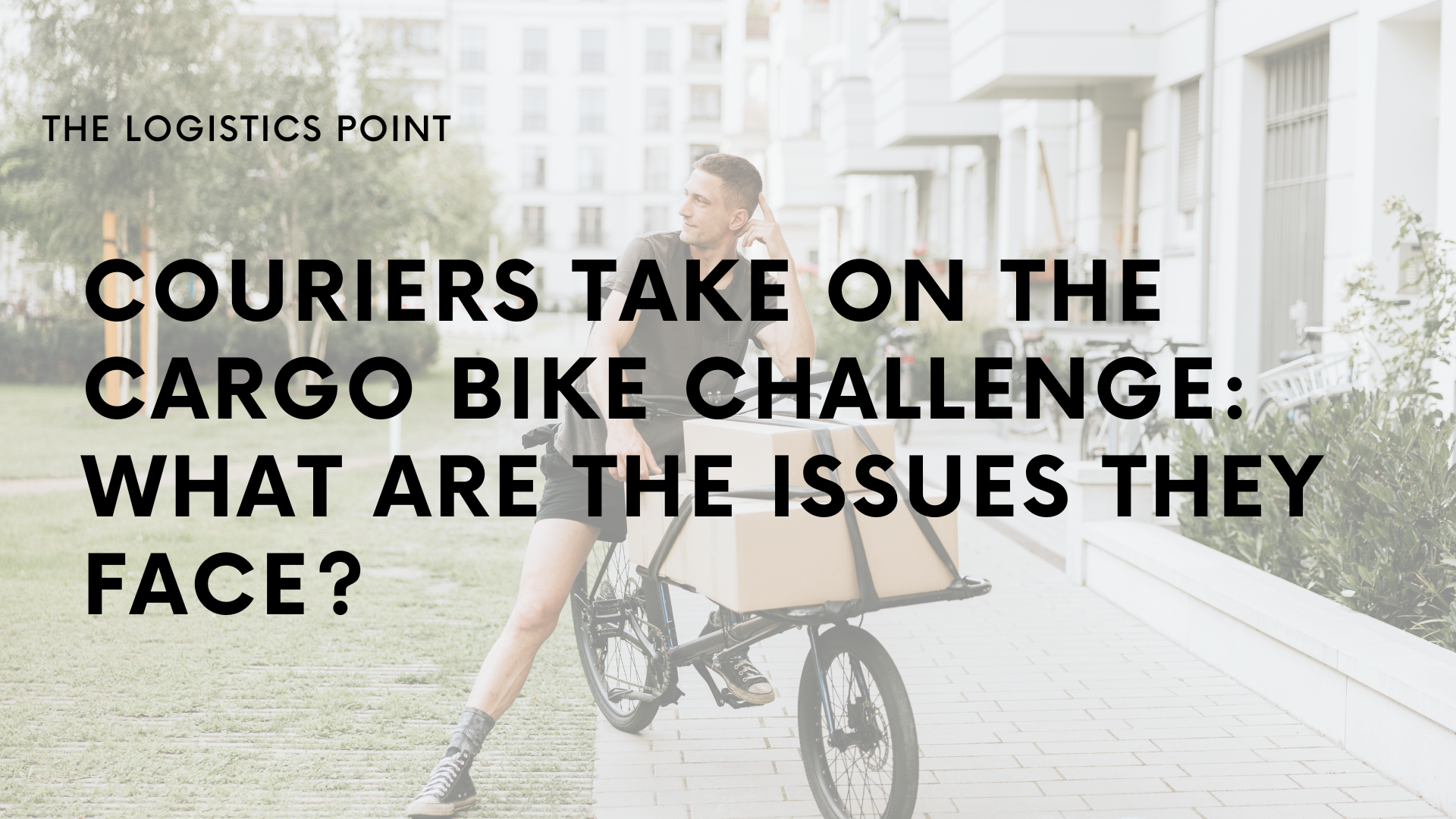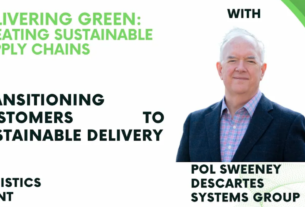EVRi is one of the UK’s largest courier companies and is heavily committed towards achieving ambitious ESG goals. The company invests in cargo bikes and is currently working in Wimbledon in London. The plans are to expand further into the UK’s capital. We spoke to Alan Dickinson, Head of Courier Operations- South at EVRi, about the present and future of cargo bikes in their network.
Alan, it is very clear why companies invest in ESG, but what is harder to understand is the how. What steps does EVRi take?
Just from an environmental point of view, it’s the right thing to do. Also, there is legislation that tells us we need to do it. In addition, for many companies it is a new and exciting way of doing their business.
At EVRi we have already tried cargo bikes, for example, and now we are looking at scaling up the whole model and find what the best way of doing it is. At the moment around 1.5 million parcels per year are being delivered by bike in our network. We would like to see that go up to at least 5 million in the next 12 months.
We are doing this in different ways. One is through partners and cooperations. We also have our own bikes and we are recruiting riders, training them. For example, in Wimbledon in London we have 16 bikes out on the roads per day. In addition, we plan to add more locations in London and our main question is not whether to do it but what the best and most scalable way of doing it is.
A key part is that we are still trying out things.
How long does it take to kick-start the process and to measure how successful a trial has been?
It is certainly going to be months and not days or weeks. We need to consider the initial set up, training, the Highway Code, etc. There is a lot of additional training compared to our usual model.
The three main areas we look for when calculating success are: service level, doorstep experience, and cost. Each one of them is as important as the others. There are many variables and we need to admit we have never done this, so it will take some time.
How about the costs and the overall ESG investment? Would it slow down due to macroeconomic problems?
We are heavily committed behind this. Ultimately we need to be careful and admit that it is currently cheapest to execute the final mile with the diesel vans. To move past this we have got to find efficiencies that can actually minimise the costs, both initial and maintenance.
How about investing in the infrastructure and changing it according to the specific needs of cargo bikes?
It is not easy. What we do at the moment is review all the sites around London and see how they can be incorporated and used for cargo bikes’ deliveries. The local infrastructure has to be a consideration as it is not safe to send riders on busy roads, in case there are no bike lanes.
We plan to piggyback on our existing infrastructure as much as possible. It is not just about the investment, but also finding the efficiencies in the network I spoke about earlier.
How hard is it to transition from the diesel vans to electric bikes?
Cargo bikes are completely different. We have people who currently perform regular maintenance checks on them. But we have those 2035 commitments and rules being enforced. We have to do it. This is why companies are trying many different things including bikes, drones, etc.
Of course, we experience problems with lead times, infrastructure and uncertainty around government rules. There are big questions around the whole thing and we do not have all the answers at the moment. Would targets be postponed or move forward? As I said, the whole team is behind it and we have constant meetings to measure and analyse the results. ✷


